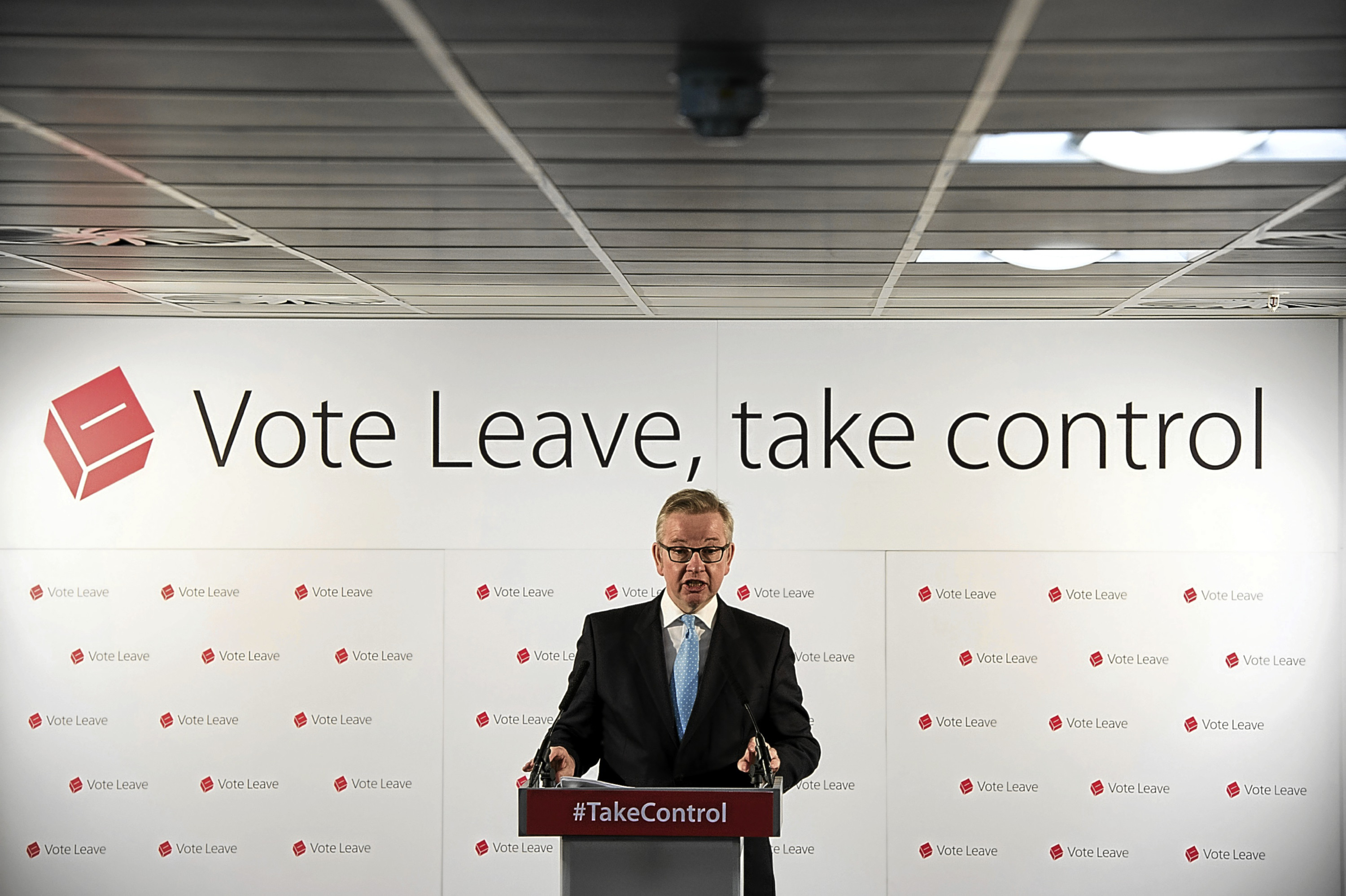I have not been able to take the European referendum seriously since someone coined the word Brexit.
This has in turn spawned Brexiteer which ranks very highly among the top one hundred ugliest nouns ever invented.
What’s wrong with Brexit? Well first of all, it sounds stupid, so there’s that.
Secondly, it sounds like a breakfast cereal, something dry and fibrous that gets stuck in your teeth and tastes like un-spun jute.
If breakfast connotations were what the coiner had in mind, one of the great opportunities in the history of British politics was spurned by not going for Cheerios (Campaign song: Cheerio, cheerio, cheerio; cheerio, cheerio, cheerio-o…).
Latvian port?
Thirdly, it also sounds like an industrial port in Latvia. I told you I was having trouble taking it seriously.
More worryingly for the democratic process, I am having trouble taking the whole European referendum seriously – or the ukipref as I fondly refer to it, the rise of Ukip and Ukip tendencies within the back alleys of the Conservative Party being the only reason why there is to be a referendum at all.
Speaking as a native of the country sometimes referred to as Britain, I can honestly say that I cannot think of a single reason why this farce is being inflicted upon us in the name of democracy. Democracy has not had a look-in.
Meanwhile, as a native of that part of Britain sometimes referred to as Scotland, it seems the chattering classes have begun to twist their knickers because Nicola Sturgeon has expressed an interest in a new indyref, (and any day now that will become known as a Scexit – remember you read it here first) within five years but depending on how things go Brexit-wise, Scexit could be with us in five months.
So there, at least, is arguably one thing in favour of ukipref as a tool of democracy: it drags Britain out of Europe against the democratic preference of that par of Britain sometimes known as Scotland, Scexit kicks in and we finally vote for independence, independence for Scotland and from that dysfunctional, braying throng of misfits that inhabit the government benches of the Palace of Westminster (and most of the other benches too).
First, though, Scotland has to hold its own election.
At this point in the proceedings, only two political leaders have made any impression on me at all.
One is Nicola Sturgeon because she sounds competent and in control and the other is Willie Rennie, because I suddenly decided he looks and acts like one of the cast of the Singing Kettle and I can’t get the idea out of my mind.
Of the others, I’ve noticed that Ruth has a pretty good right foot and Kez has…um…Kez has…had her hair cut nicely.
The letters pages of the newspapers of the land are exercised by the notion that democracy is not best-served by a strong party in government and a feeble opposition of, well, feeble parties.
The flaw in that particular argument is that it was the democratic process that voted for the strong party and abandoned the feeble parties.
The secondary notion that emanates from the democracy-is-not-best-served notion is that nationalism is dangerous stuff and threatens the wellbeing of our children.
A one-word response springs to mind but if I tried to put it into this column I would probably never work again, so let’s think of a more tactful rebuttal.
Dangerous nationalism
You want to see nationalism at its most inward-looking, self-serving, nuclear-obsessed, dangerous? Check out any gathering of the coalition that embraces Nigel Farage, Boris Johnson, Michael Gove, Ian Duncan Smith… the Cheerios.
If I might take the uncharacteristic step of quoting the Financial Times: “The Brexiteers’ ammunition is English nationalism – a populist appeal to emotions rather than reason – and a hope that public anger with political and business elites, with stagnant living standards and austerity, with migrant workers and with just about everything you can think of, can be channelled into a revolt against Europe.”
On the other hand, if you want to see nationalism at its outgoing, inclusive, internationalist, peaceable best, then look around you, because it’s everywhere in the streets of your cities and towns and villages and all across the face of the land we call Scotland.
And it would seem that democracy is voting for it.
The path the country has chosen is independence, sooner or later.
The political watershed that stood in the way for so many decades has been crossed. Look behind you, watch it fade into the distance. Cheerio, cheerio, cheerio…










